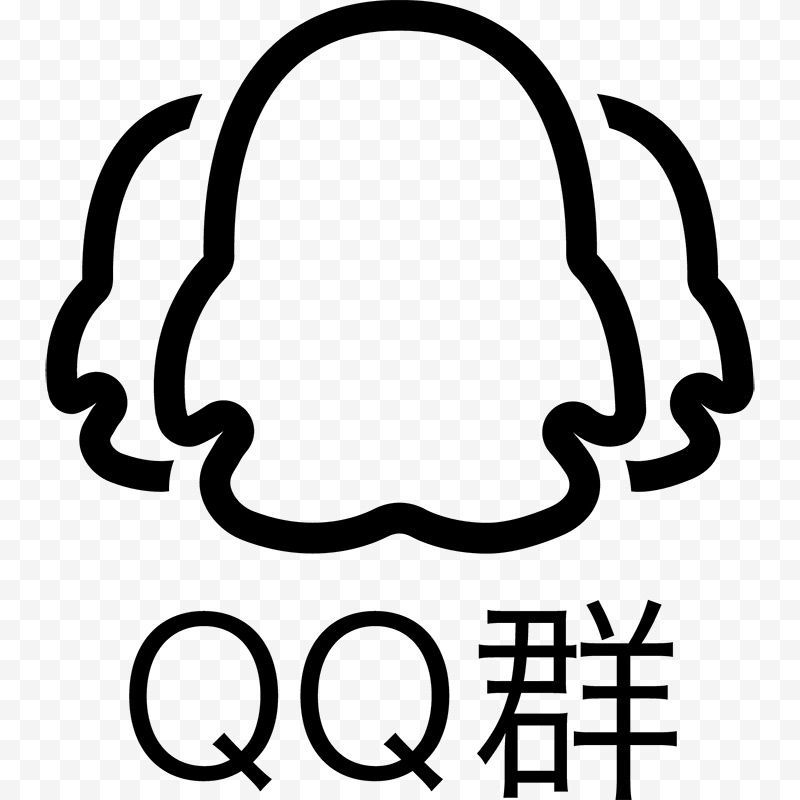先来看看传统的匿名内部类调用方式:
interface MyInterface{
void lMethod();
}
public class Main {
public static void test(MyInterface myInterface){
myInterface.lMethod();
}
public static void main(String[] args) {
test(new MyInterface() {
@Override
public void lMethod() {
System.out.println("Hello World!");
}
});
}
}
再来看看使用Lamda表达式改写上面的代码:
interface MyInterface{
void lMethod();
}
public class Main {
public static void test(MyInterface myInterface){
myInterface.lMethod();
}
public static void main(String[] args) {
test(()->System.out.println("Hello World!"));
}
}
Lamda语法有三种形式:
- (参数) ->单行语句;
- (参数) ->{多行语句};
- (参数) ->表达式;
括号()可以大致理解为就是方法,里面是参数变量,在上面的例子中()->System.out.println("Hello World!") 前面的()代表void lMethod()方法,它没有入参,所以为空,->后面是一个单行语句;
如果->后面是多行语句,需要用{ }装起来,每条语句后需要有分号;
->后面也可以是一个表达式,如:a+b等。
(参数) ->单行语句:
interface MyInterface{
void lMethod(String str);
}
public class Main {
public static void test(MyInterface myInterface){
myInterface.lMethod("Hello World!");//设置参数内容
}
public static void main(String[] args) {
//首先在()中定义此表达式里面需要接收变量s,后面的单行语句中就可以使用该变量了
test((s)->System.out.println(s));
}
}
(参数) ->{多行语句}:
interface MyInterface{
void lMethod(String str);
}
public class Main {
public static void test(MyInterface myInterface){
myInterface.lMethod("Hello World!");//设置参数内容
}
public static void main(String[] args) {
//首先在()中定义此表达式里面需要接收变量s,后面的多行语句中就可以使用该变量了。注意:多行语句别少“;”号
test((s)->{
s=s+s;
System.out.println(s);
});
}
}
(参数) ->表达式:
interface MyInterface{
int lMethod(int a,int b);
}
public class Main {
public static void test(MyInterface myInterface){
int result=myInterface.lMethod(1,2);//设置参数内容,接收返回参数
System.out.println(result);
}
public static void main(String[] args) {
test((x,y)-> x*y );//调用方法
//相当于
// test((x,y)-> {return x*y;});
}
}
匿名内部类,我们比较常用的地方在哪儿?线程类Thread,以前我们可能这样写:
new Thread(new Runnable() {
@Override
public void run() {
System.out.println("线程操作!");
}
});
现在,使用Lamda表达式,简单写为:
new Thread(()->System.out.println("线程操作!"));
总结:利用Lamda表达式是为了避免匿名内部类定义过多无用的操作。
Q.E.D.








